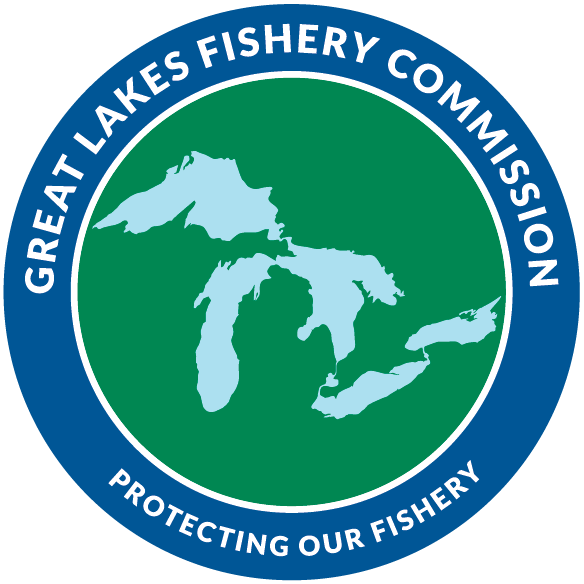Project
Quantifying the effects of sea lamprey parasitism on hemostasis in salmonid host fish
Wounding data collected from host fish, including classifying wounds as Type-A (penetrating) or Type-B (superficial), is an integral part of sea lamprey monitoring efforts and helps inform management decisions; however, wound assessment is subjective and error-prone. An objective and quantitative index of sea lamprey parasitism could improve damage estimates derived from wound assessments. We found that the abundances of several blood clotting proteins were altered in host blood after sea lamprey parasitism, including long-term suppression of fibrinogen. These findings are consistent with the known anticoagulant properties of sea lamprey buccal gland secretions, but the persistent down-regulation of clotting proteins is so far unexplained and may reduce host fitness. This research aims to quantify sea lamprey parasitism affects hemostatic regulation in host fish, from the capacity of the blood to form clots to the molecular responses in the tissues that regulate blood composition. Ultimately, these experiments will yield a deeper insight into the sublethal effects of sea lamprey parasitism on host fish, and may help establish quantitative relationships between parasitism and host fitness. Importantly, this study will provide the necessary foundation for developing hemostatic endpoints into field-ready tools for enhancing the accuracy and interpretation of wound assessment data.

